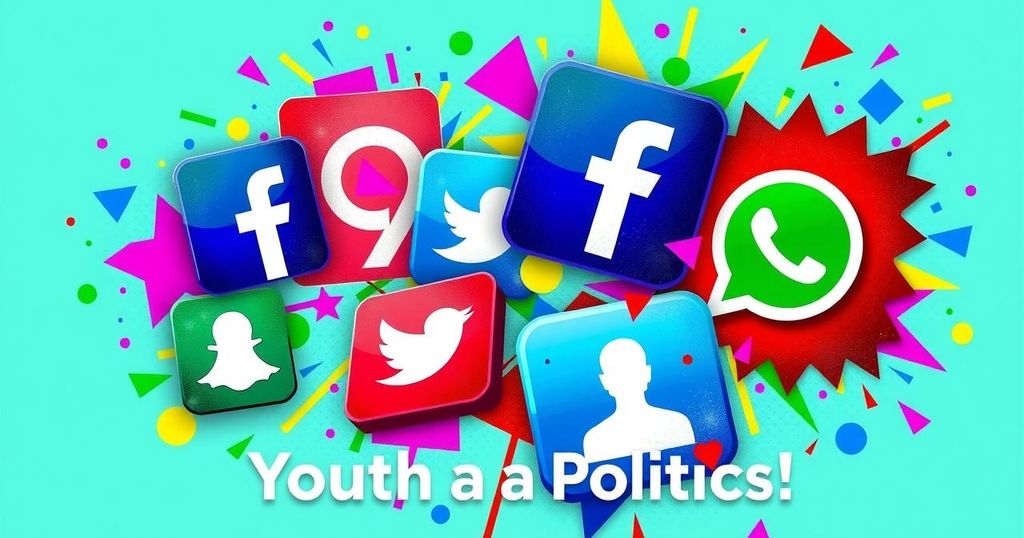Paul Biya’s Struggles to Engage Young Cameroonians on Social Media
- Paul Biya, at 92 years old, aims to connect with young Cameroonians via social media.
- Cameroon boasts over 5.4 million social media users, yet young audiences favor WhatsApp.
- Analysts argue Biya’s communications lack interactivity and authenticity.
- Critics claim his social media efforts are cosmetic and fail to address youth issues.
- More than half of Cameroon’s electorate is under 30, essential for the election’s outcome.
Mixed Reactions to Biya’s Online Strategy
Paul Biya’s Social Media Push in Cameroon 92-year-old Paul Biya, the world’s oldest president, is stepping up his digital game as he officially declared his candidacy for re-election in Cameroon. Biya’s social media presence, particularly on platforms like Facebook and X (formerly known as Twitter), has drastically increased in recent months, indicating a strategic shift from his earlier, more sporadic online activity. Yet, experts caution that his efforts might not resonate with younger voters as intended, given the country’s demographics and communication habits.
The Importance of Authentic Engagement
Youth Engagement and Digital Relevance Concerns The challenge lies in connecting with a youthful electorate; over half of Cameroonian voters are under 30. As noted by media expert Rostant Tane, although there are approximately 5.4 million social media users in Cameroon, a staggering 95% of youths turn to WhatsApp—a platform largely ignored by presidential messages. Communication styles do not engage young voices, which creates a sense of distance and distrust towards Biya’s digital outreach. The communication largely shows a top-down approach, creating frustration among young users who desire interaction and genuine dialogue.
Need for Concrete Solutions
Strategic Communication Unmet Needs Despite the ongoing high unemployment rates and pressing concerns around corruption and security affecting the youth, Biya’s social media focuses on his lengthy reign rather than addressing these pressing issues. His team’s decision to recycle speeches from his four decades in power—sometimes dating back to the early 2000s—risks alienating young voters who are looking for contemporary solutions. Critics point out that while there are improvements in his digital visibility, Biya’s strategies seem more cosmetic and do not actually translate into action or engage young voters substantively.
In summary, while Paul Biya is attempting to enhance his digital engagement as he seeks re-election in a country heavily populated by youth, the efforts seem to be lacking in authenticity and relevance. Critics have voiced concerns about the disconnect between his messaging and the real issues affecting young Cameroonians, such as unemployment and corruption. The upcoming elections in October will be a crucial test of whether his social media strategy has enough impact to sway younger voters in his favor.




Post Comment